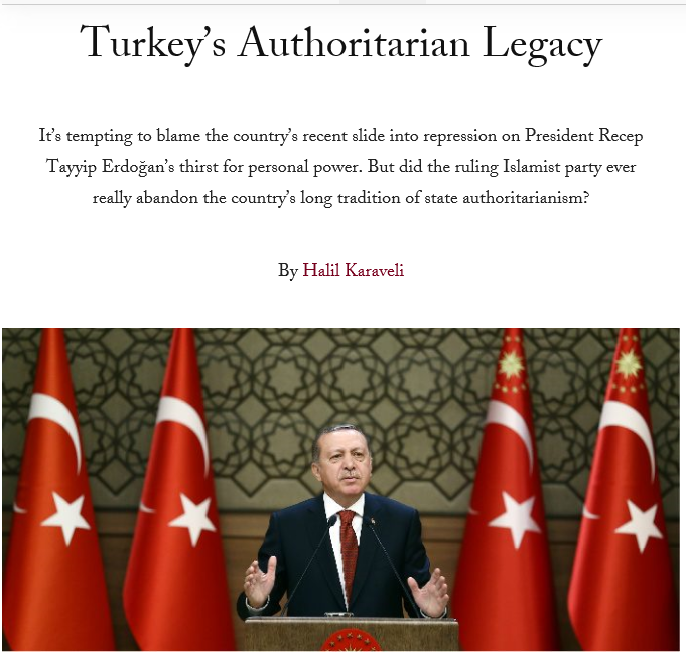In these pages I suggested that a revised Kirkpatrick doctrine could help American policymakers find ways to deal more systematically with authoritarian states. Five commentators have since raised thoughtful objections to this thesis. I welcome these comments, as they advance my original objectives—first, to advance discussion of the differences among authoritarian states and, second, to engage opinion leaders on how American policy should treat them. Space constraints do not permit a rebuttal to each of the objections raised, so I will respond by addressing a few of the critics’ recurring themes.
Wednesday, 25 March 2020 00:00
Why Jeane Kirkpatrick Should Still Be Our Guide
Svante E. Cornell
The American Interest, March 25, 2020
Published in
Staff Publications
Friday, 13 March 2020 00:00
How Should America Deal with Authoritarian States?
Svante E. Cornell
The American Interest, March 13, 2020
How should democracies deal with authoritarian states? This is a bipartisan problem that has confronted every American administration without exception. Answers vary widely, falling between two poles of a spectrum. Some believe it is America’s mission to promote freedom in the world in a principled manner; others claim that foreign policy should be about national interests alone, and that policymakers should deal with the world as it is, not as they wish it to be.
Published in
Staff Publications
Monday, 01 May 2017 00:00
Turkey’s Authoritarian Legacy
Article, The Cairo Review of Global Affairs, May 1, 2017
Halil Karaveli, Turkey's Authoritarian Legacy
It's tempting to blame the country's recent slide into repression on President Recep Tayyip Erdoğan's thirst for personal power. But did the ruling Islamist party ever really abandon the country's long tradition of state authoritarianism?

Published in
Staff Publications
Thursday, 01 June 2006 11:52
Clans, Authoritarian Rulers, and Parliaments in Central Asia
Published in
Silkroad Papers and Monographs

